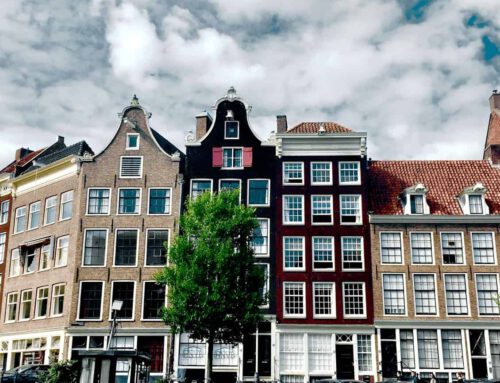For entrepreneurs in the Netherlands, understanding VAT (Value Added Tax), or Omzetbelasting (OB) in Dutch, is crucial when providing services. This is particularly important for consultants, such as business or IT consultants. While VAT regulations can be similar for both services and products, there are distinct differences, especially when working internationally. In this article, we will explore how VAT applies to services provided within and outside the Netherlands.
Overview of VAT rates in the Netherlands
In the Netherlands, VAT is applied at three different rates: 0%, 9%, and 21%. Some services, such as those provided by dentists or certain therapists, are VAT-exempt. However, the most common rate that applies to services is 21%. Most freelancers or consultants will charge this rate when offering their services. This applies to clients within the Netherlands, whether they are businesses or individuals. Similarly, if you provide services to individuals living in other EU countries, the 21% rate will also apply.
The reverse-charge mechanism for EU transactions
Within the EU, a system called the reverse-charge mechanism is in place. This allows VAT to be shifted to the client rather than being charged by the service provider. As a Dutch entrepreneur, this means you do not have to charge VAT when providing services to another business within the EU. However, this only applies if your client has a valid European VAT number. In these cases, your client will declare the VAT in their own country, and it’s typically reclaimed through their VAT return, meaning no actual payment is made on their part.
Intra-Community transactions for EU Sales
When invoicing a business within the EU, Dutch entrepreneurs must also submit an ICP declaration (Intra-Community transaction). This declaration is separate from the regular VAT filing and provides details such as the VAT numbers of clients within the EU and the total sales made to those clients. This ensures proper reporting for intra-community transactions.
When VAT cannot be reverse-charged
If you invoice a business client within the EU who doesn’t possess a VAT number, or if the client is an individual, the reverse-charge mechanism does not apply. In such cases, you must apply the regular VAT rate, and this VAT is due in the Netherlands.
Services to clients outside the EU
For Dutch entrepreneurs delivering services to clients based outside of the European Union, VAT is generally not applicable. This rule holds true regardless of whether the client is an individual or a business. If your service is provided to a non-EU client, you are typically not required to charge Dutch VAT.
Have more questions about VAT?
If you’re uncertain about how to charge VAT in different situations or have other tax-related questions, Taxsight is here to help! Their experienced team of tax advisors can provide expert guidance on both local and international tax issues, ensuring you get the best professional support tailored to your business needs.




